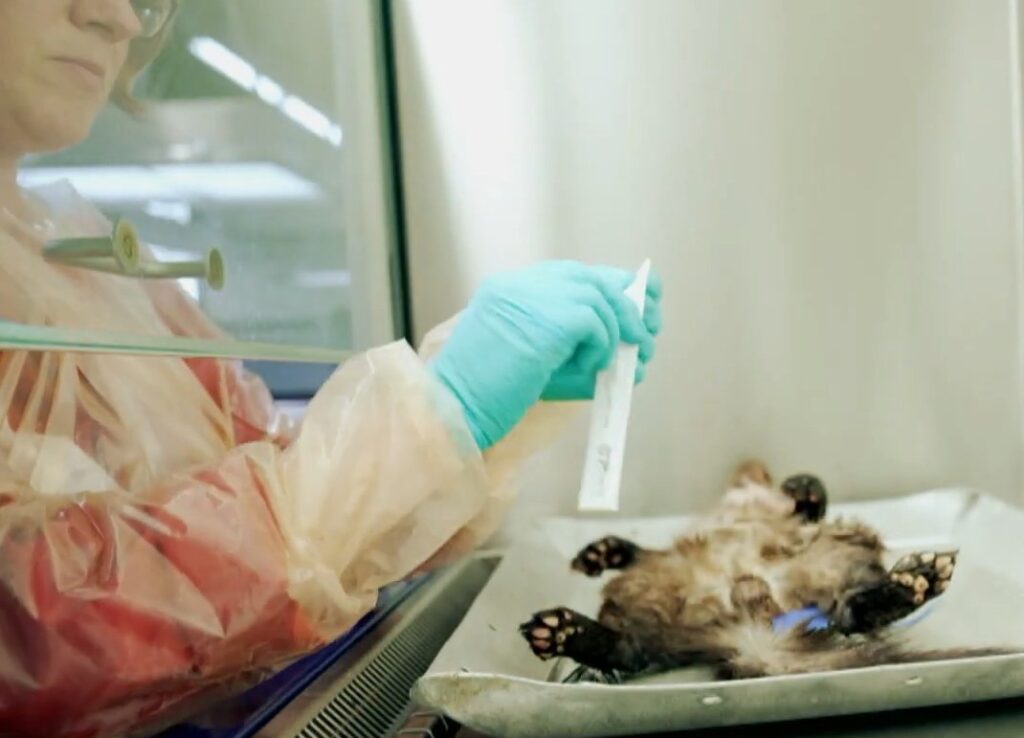

The faculty of Veterinary Medicine of Utrecht University regularly compiles dossiers on a variety of topics. Their latest dossier focuses on zoonoses, diseases transmissible from animals to humans, which is a key aspect of the work of the DWHC.
Zoonoses are infectious diseases that can be transmitted from animals to humans, such as COVID-19, avian influenza, and Q fever. Because humans and animals live in close proximity in the Netherlands, the risk of outbreaks is high. Factors such as intensive livestock farming, climate change, global animal trade, and antibiotic resistance increase this risk. Approximately two-thirds of infectious diseases in humans originate from animals, and infection can occur via insects, food, water, air, or direct contact with (wild) animals.
The Faculty of Veterinary Medicine collaborates with other organizations to detect, prevent, and control zoonoses. The DWHC plays an important role in this through, among other things, monthly surveillance meetings, national monitoring, and scientific research into the spread of animal diseases among wild animals. The aim is to protect both public health and animal welfare and to prevent future outbreaks.
